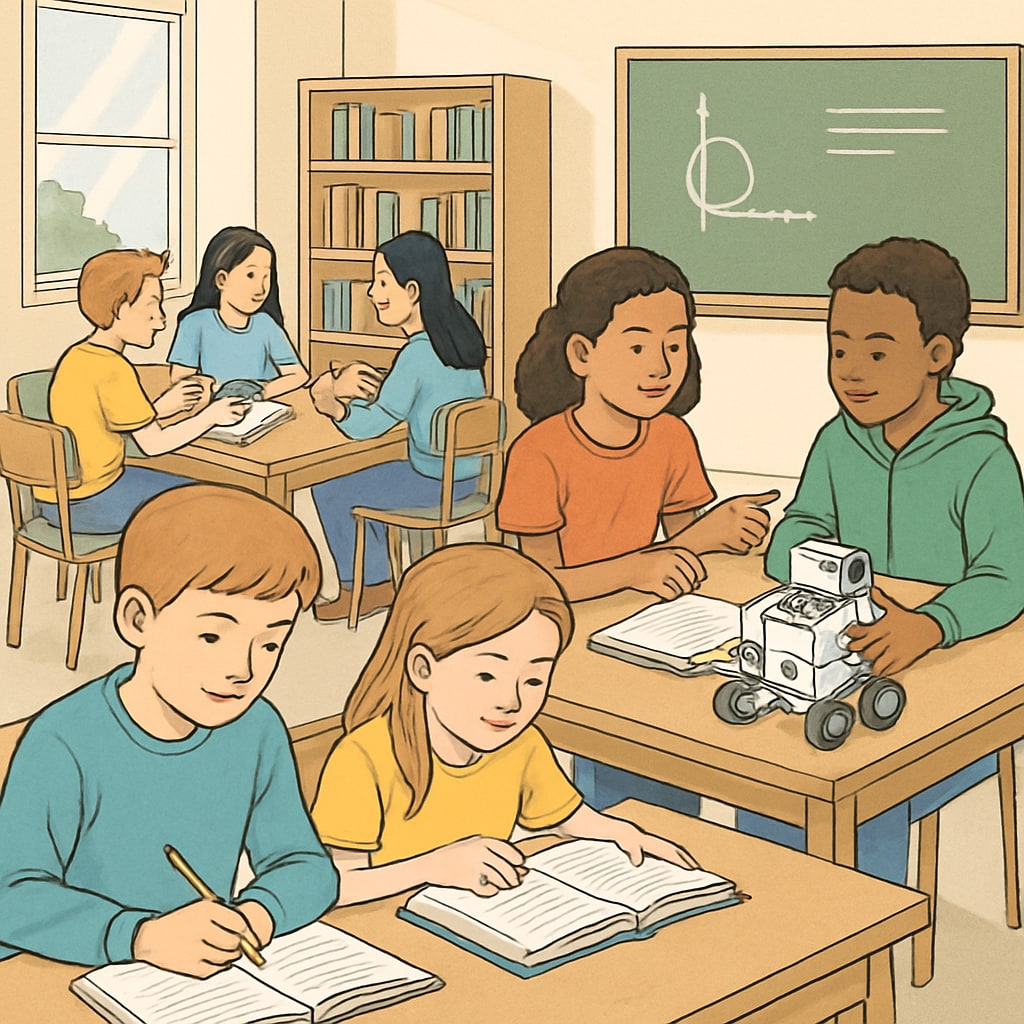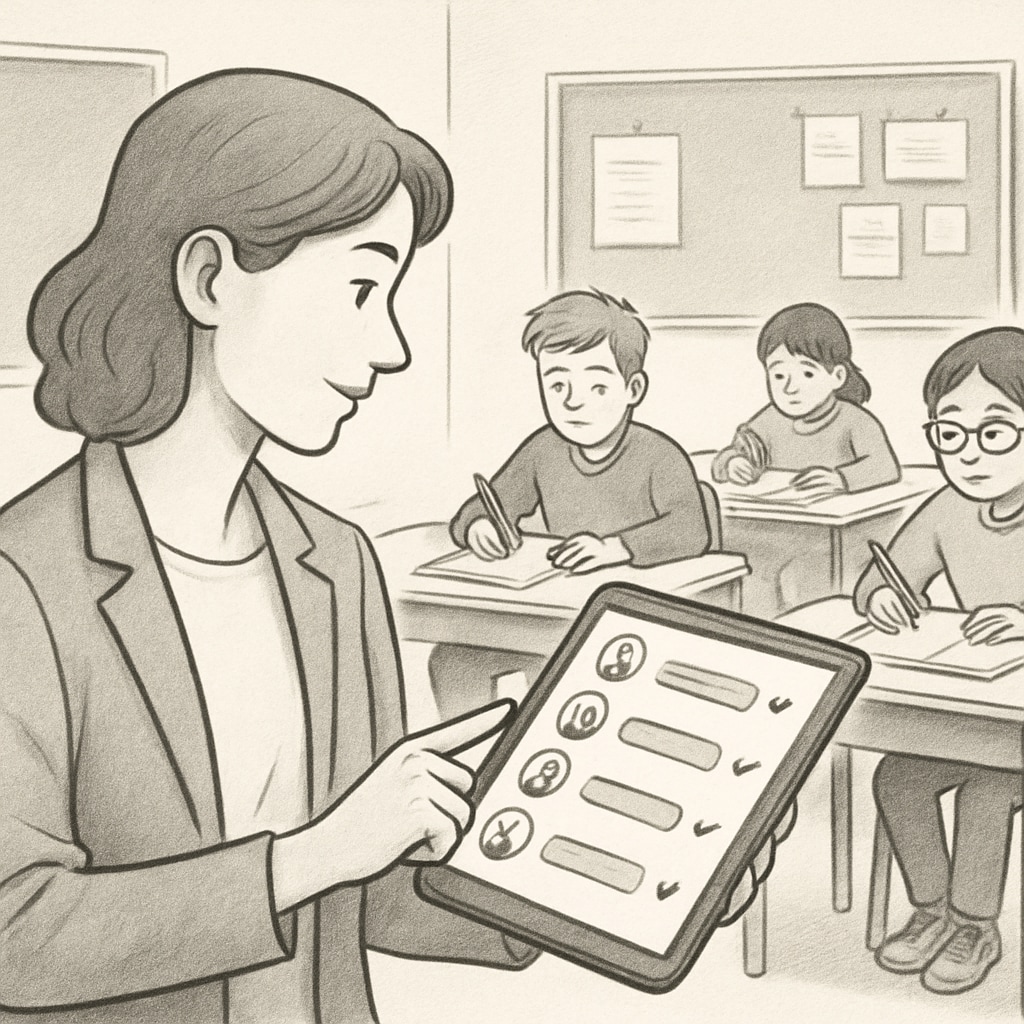The traditional reliance on grades as the cornerstone of educational assessment has long shaped the K12 system. While grades provide a standardized method of evaluating academic performance, they often fail to capture the nuances of student learning and development. This article delves into the limitations of grades in education assessment, examines their impact on students, and explores innovative methods like real-time learning tracking for a more holistic evaluation approach.
Why Grades Fall Short in Measuring Learning
Grades are often viewed as a straightforward and objective measure of student achievement. However, they come with several inherent limitations:
- Narrow focus: Grades predominantly assess academic knowledge, often neglecting critical skills like creativity, emotional intelligence, and problem-solving abilities.
- One-size-fits-all approach: Standardized grading systems fail to account for individual learning styles, interests, and talents.
- Stress and pressure: The emphasis on grades can lead to anxiety and discourage students from taking risks or exploring subjects outside their comfort zone.
As a result, grades often provide a limited snapshot of student capabilities, leaving educators and parents with an incomplete picture of a child’s potential.

Moving Beyond Grades: Real-Time Learning Tracking
To address the limitations of grades, educators are increasingly exploring real-time learning tracking systems. These systems focus on continuous assessment and provide a more comprehensive view of a student’s progress. Key features include:
- Dynamic feedback: Real-time tracking allows educators to provide immediate, actionable feedback that helps students correct mistakes and improve their understanding.
- Personalized insights: By analyzing individual learning patterns, these systems can tailor educational strategies to better suit each student’s needs.
- Skill-based evaluations: Beyond academic knowledge, real-time tracking assesses critical skills such as collaboration, communication, and creativity.
These methods not only enhance learning outcomes but also empower students to take ownership of their educational journey.

Implementing Multifaceted Learning Assessment Systems
Transitioning to a more holistic approach requires thoughtful implementation. Here are some strategies educators can consider:
- Integrating technology: Digital tools like learning management systems (LMS) and artificial intelligence (AI) can streamline real-time tracking and analysis.
- Training educators: Teachers need proper training to effectively use new assessment methods and interpret data insights.
- Collaboration with parents: Open communication with families ensures that alternative assessments align with students’ long-term goals.
By adopting these strategies, schools can create an environment where grades are just one aspect of a multifaceted evaluation system.
Conclusion: Rethinking Assessment for Future Success
Grades will likely remain a part of education, but their role must be redefined within a broader framework. By incorporating real-time learning tracking and skill-based evaluations, educators can foster a system that nurtures creativity, critical thinking, and emotional intelligence alongside academic achievement. Ultimately, a more holistic approach to assessment empowers students to thrive in a rapidly changing world.
For further exploration of alternative education methods, visit Education on Wikipedia or Education on Britannica.


